Testosterone & Men’s Hormonal Health
Strength, Vitality, Balance

Why it matters:
Testosterone is the primary male hormone, but it’s also important for women in smaller amounts. After age 30, men’s testosterone naturally declines by about 1% per year. Low levels can lead to fatigue, loss of muscle mass, lower libido, mood changes, and even increased risk of metabolic syndrome.
How it works:
- Muscle & strength: Testosterone promotes protein synthesis and muscle growth.
- Mood & brain: Supports motivation, confidence, and mental sharpness.
- Metabolism: Helps regulate fat distribution and blood sugar balance.
- Reproductive health: Drives libido and sperm production in men.
Nutrients that help:
- Zinc → crucial for testosterone production.
- Vitamin D → deficiency is strongly linked to low testosterone.
- Magnesium → supports free testosterone levels.
- Creatine → boosts muscle strength and energy, often combined with training.
- Herbal support: Tribulus, Maca, Fenugreek → studied for libido and vitality.
Foods that help:
- Oysters, beef, pumpkin seeds → Zinc
- Fatty fish, fortified foods → Vitamin D
- Nuts, seeds, spinach → Magnesium
- Lean protein (chicken, eggs) → building blocks for hormones
Lifestyle tip:
Sleep and strength training are two of the most powerful natural testosterone boosters. Even one week of poor sleep can reduce testosterone by up to 15%.
Helpful for:
- Low energy and motivation
- Reduced strength and muscle mass
- Low libido
- Mood swings
